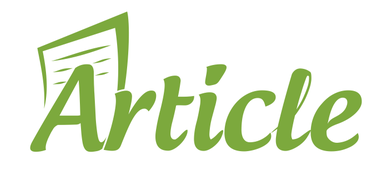
Does having a Current Account have any tax implication?
A Current Account is a bank account that allows individuals and businesses to conduct daily transactions, deposits, and withdrawals seamlessly for business purposes. It is particularly ideal for those with significant monthly cash flows or frequent business transactions, helping them track their expenditures better and simplify the taxation process.
One might wonder, does having a Current Account have any tax implications? This question often arises due to the intricacies of taxation regulations and their impact on various financial activities. So, does it attract tax? Let’s find out.
Tax-free nature of Current Accounts
Any type of Current Account is a zero-interest account, which means it doesn’t yield interest. Since there is no income generated through interest, dividends, or capital gains, the money held in a Current Account is exempt from income tax regulations and has no tax implications.
Practical implications
The absence of taxes on Current Accounts offers significant practical benefits to businesses such as:
- Businesses can better manage their cash flow when there are no taxes imposed on their Current Accounts. This means they can keep more funds readily available for day-to-day operations, investments, and unexpected expenses.
- These accounts simplify financial transactions by reducing complexities in administration.
- Businesses gain the ability to allocate resources efficiently, which enhances their growth prospects. The tax-free nature of Current Accounts contributes to saving costs, helping entities to invest more in expansion and innovation.
- It simplifies financial planning as entrepreneurs can concentrate on core strategies rather than navigating complex tax details. This simplicity also contributes to fostering transparency and compliance, thereby building trust with stakeholders.
Thus, the tax exemption on Current Accounts promotes a positive environment for businesses to flourish and achieve long-term financial stability.
Income tax on other sources
Even though the Current Account doesn’t bring any tax concerns, it’s a single part of a bigger financial picture that makes up a business’s overall tax obligation. The fact is that a business owner’s tax responsibilities extend beyond this account. The income originating from different sources, like rental properties, investments, and capital gains from selling assets such as mutual funds or shares, is susceptible to taxation in accordance with the relevant tax laws and regulations.
Keep accurate financial records of business Current Account transactions, as well as any other sources of income. This practice helps in accurate income reporting and proper tax payment. Seeking guidance from an accountant or tax expert is recommended to avoid any errors or discrepancies.
Final word
A Current Account does not have a direct tax implication as it is a transactional account and does not earn interest. However, Current Accounts may incur fees and charges, such as fees on overdrafts, transactions, and non-maintenance of minimum balance. Thus, when initiating the Current Account opening process, thoroughly evaluate and compare the charges and features of different banks.
Once done, simply apply for a Current Account online through digital banking platforms. Provide personal details and business information, upload relevant documents, and complete the verification process online from any location. Now, enjoy the benefits of Current Accounts and hassle-free business transactions.


